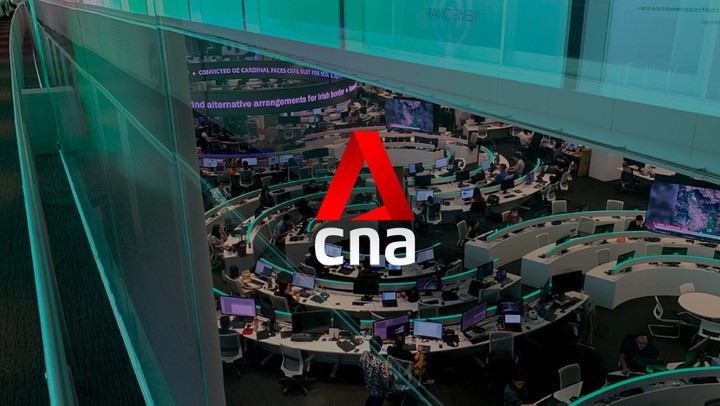LONDON: On Monday (July 5), the 23 members of the OPEC+ group of oil producers called off a meeting that was expected to break the deadlock on crude output levels. According to an OPEC statement, the meeting “has been called off,” as quoted by secretary general Mohammed Barkindo.
“In due course, the date of the next meeting will be determined, and we will notify you appropriately,” he continued.
After reducing oil output more than a year ago when the coronavirus pandemic destroyed demand, the firm has gradually increased output since May.
The proposal at issue is for the world’s top oil producers to increase output by 400,000 barrels per day (bpd) every month from August to December.
As the coronavirus pandemic fades, this would add two million bpd to markets by the end of the year, helping to power a worldwide economic rebound.
However, a new proposal to extend the deadline for capping output to the end of 2022 could cause the plan to be postponed or perhaps collapse.
“The market is now afraid of various scenarios,” said Bjarne Schieldrop, a SEB analyst based in Norway.
He claims that in one, there is no agreement and no increase in output, causing oil prices to skyrocket. Another predicts a “production free-for-all” and a “fall in the oil price.” BOUNCE IN THE MARKET
The North Sea After the conference was postponed, Brent and West Texas Intermediate, the most frequently traded crude oil futures contracts, soared to their highest levels since October 2018. Brent was 1.3 percent higher at US$77.16 per barrel, while WTI was 1.6 percent higher at US$76.36 per barrel. The United Arab Emirates is opposing the latest agreement, calling the terms of the extension unreasonable on Sunday. “The timing of this issue is not surprising,” said Alan Gelder, an oil analyst at Wood Mackenzie. “OPEC works best when faced with severe hurdles, which are now dissipating as demand recovers.” Oil prices, which had been falling due to fears about the global economy, dropped in April 2020 as the coronavirus swept the globe, wreaking havoc on global consumption, transportation, and supply chains. By the end of April 2022, OPEC+ has committed to withdraw 9.7 million bpd from the market and gradually restore supplies. As a result, benchmark oil prices have recovered and are now hovering around US$75 a barrel, up nearly half since the beginning of the year. THE UNITED ARAB EMIRATES ARE FIGHTING BACK However, because to changing fortunes in the fight against COVID-19, the restoration to pre-pandemic production levels has stopped multiple times. Even after the pandemic, the alliance is still pumping 5.8 million bpd less than it was before the outbreak. The April 2022 output cap deadline now appears to be too close, and several members want it extended until December 2022, which Abu Dhabi opposes. Energy Minister Suhail Mohamed Al-Mazrouei told the WAM news agency that the UAE wants to alter the reference level used to calculate the amount by which it must reduce output. The UAE’s reference level of 3.17 million bpd, set in October 2018, was significantly lower than its effective potential output level of 3.8 million bpd in April 2020, shortly before the curbs went into effect. ‘A SMALL AMOUNT OF COMPROMISE’ The failure of last week’s talks was due to this issue. The meetings, which are more used to having heavy hitters like Russia and Saudi Arabia dictate the agenda, were met with the UAE’s refusal to follow suit. Saudi Energy Minister Abdulaziz bin Salman told Bloomberg TV, “It’s the whole group vs one country.” Prince Abdulaziz called for “a little bit of rationality and a little bit of compromise” in a separate interview with Al-Arabiya television that aired late Sunday. “The fact that the meeting was postponed today and the time it took for this to be publicized implies that there are some conversations on the sidelines,” Rystad analyst Louise Dickson said. “A no-deal scenario that maintains output constant after July is not a conclusion that any of the OPEC+ members wants, the producing countries know it, and the markets know it as well.”/n


